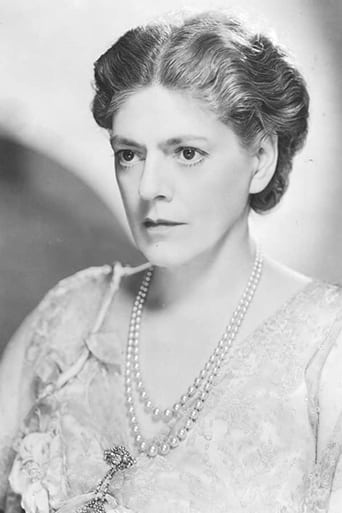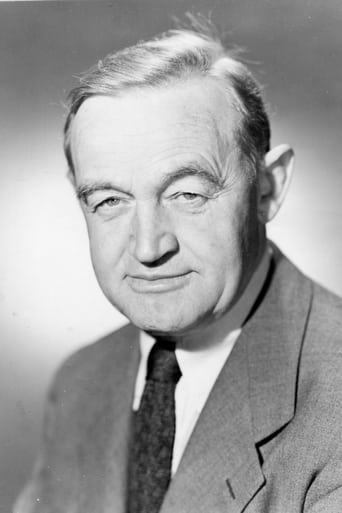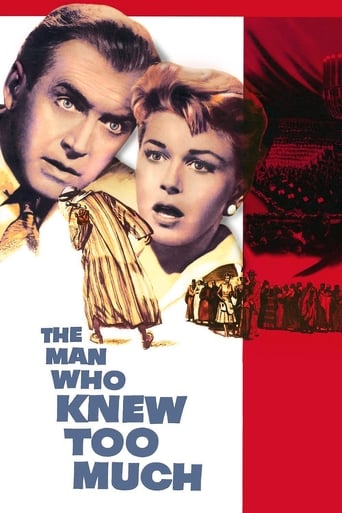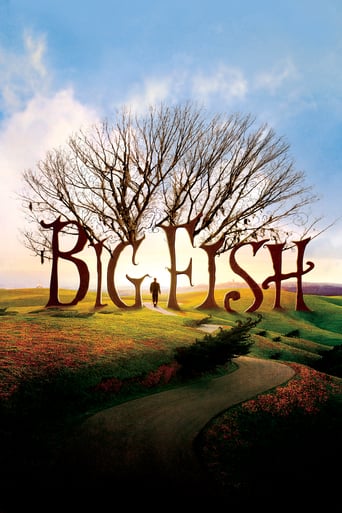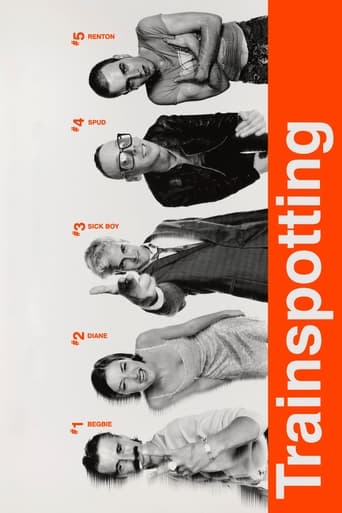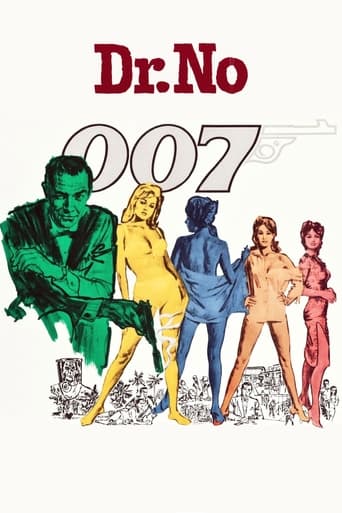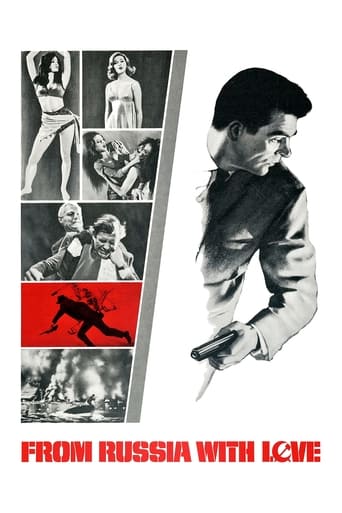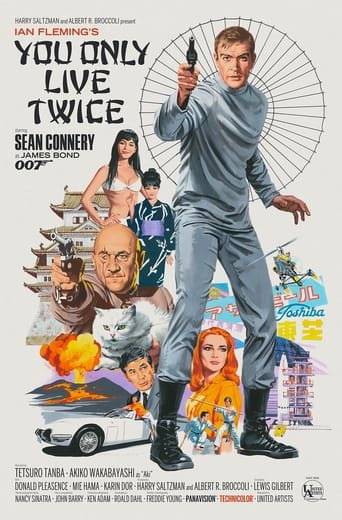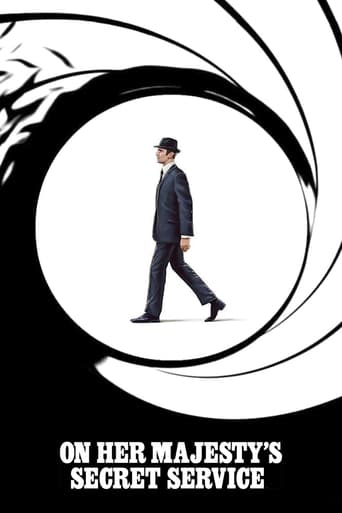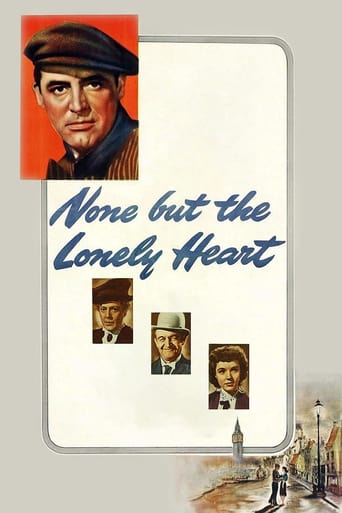
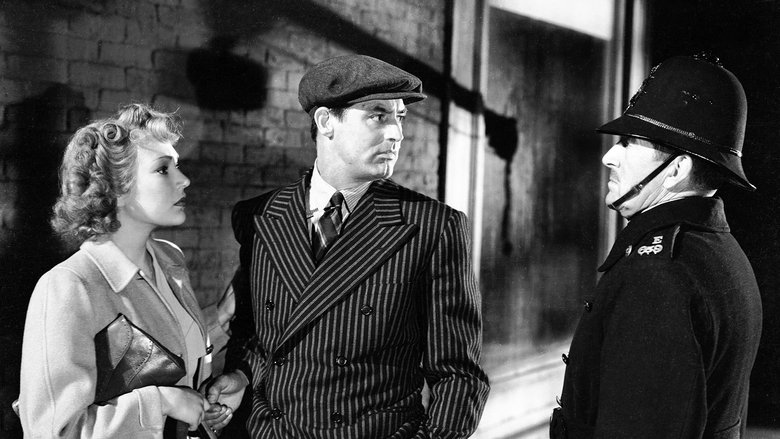
None But the Lonely Heart (1944)
When an itinerant reluctantly returns home to help his sickly mother run her shop, they're both tempted to turn to crime to help make ends meet.
Watch Trailer
Cast


Similar titles
Reviews
The story behind this one when it was made was the return of Ethel Barrymore to the movie screen after a long time doing live stage productions. Interesting in that she is one of the few in this with very little British accent, yet because of her acting skills and return nobody cared. In fact RKO was already on major cramped budgets when this film was made. Like Barrymore, it had been a long time since King Kong and Gunga Din.Neither story made out too well, as this one did little business in the theaters. It seems in 1944, with the war raging in both oceans, this one just was not really in demand. The story is okay though a serious Cary Grant did not seem to be ready for prime time. Grant tries to carry part of the film, and Barrymore as his mother tries to carry the other. The cockney accent of the support cast is difficult to understand which made the film less audience friendly. Some of the writing on this is from the same writers that worked on How Green Was My Valley but this one is not even a shadow of that one, though the accents in that movie are thick too. Guess that proves that sometimes a weakness in one movie is not the same thing in another one.Grant is the careless son who mom is trying to make responsible this entire movie. He has many girl friends trying to move him in the same direction. It is only his mom who has any success though.
The movie's a wildcard in Grant's otherwise debonair career. Here he's an aimless London slum-dweller, who thinks futility is just the way the world is. So why should he, Ernie Mott (Grant), try for anything better when the world's rigged for defeat. Still, Ernie's got an indulgent, if fatally ill, mother, along with two adoring girlfriends. They might help if he weren't so casual about their affections. The movie's heart is in the right place, as lefty screenwriter-director Odets links the ease of crime with slum conditions. The trouble is it's hard to take Grant (age 40) as either youthful or poverty stricken (couldn't they have dirtied him up a bit). Maybe I've seen too many of his slick light comedies, but I just couldn't forget that this is the great smoothy playing against type. No doubt, he was trying to expand his range, but the choice of vehicles was unfortunate as he himself admitted. The movie itself is about as dingy as any I've seen. The murky b&w is tediously unrelenting. Naturally, that emphasizes the slum-like conditions, but also serves a more practical purpose. Namely, the dimness masks the many studio-bound streets and sets that are about as cheaply done as any of Grant's many films. Frankly, between the unrelenting talk and bleak visuals, my attention wandered. Still, Jane Wyatt is fetching, Barrymore doesn't over-act, Fitzgerald is not too cuddly, while Grant tries his manful best. Too bad, the results aren't better— the 113-minutes could easily have profited by shaving off 20 of those. Anyway, the movie remains more a bleakly done oddity than anything else in Grant's fabulous career.
This film is renowned for starting off Ethel Barrymore on her belated screen career (after a couple of tryouts made much earlier, including one – the as-yet unwatched RASPUTIN AND THE EMPRESS {1933} – with siblings Lionel and John!); she won a Best Supporting Actress Oscar for her fine work here – in all, the legendary star would be nominated four times in the 10-year span until her death. Two other notable elements to the movie under review is its being one of only two titles helmed by respected playwright Odets (the other being THE STORY ON PAGE ONE {1959} which, again, I own but still need to go through) and the fact that it landed nominal lead Cary Grant his second and last Academy Award nod (having previously been shortlisted for George Stevens' romantic drama PENNY SERENADE {1941}) until being bestowed with an Honorary "Lifetime Achievement" golden statuette in 1970 (and, in fact, he mentioned these two directors specifically in that speech). The film was based on a novel by Richard Llewellyn, whose "How Green Was My Valley" had just been brought to the screen by John Ford and managed to sweep, or should I say swipe, five Oscars including Best Picture and Direction at the 1942 ceremony: while an undeniably excellent effort, it notoriously triumphed over such superior candidates as the seminal debut of both Orson Welles and John Huston – namely CITIZEN KANE and THE MALTESE FALCON respectively! It is safe to assume that NONE BUT THE LONELY HEART clearly aimed at repeating the success of HOW GREEN WAS MY VALLEY: while it did garner a total of four nominations (the other two being in the Best Editing and Dramatic/Comedy Score departments), the narrative in this case did not quite have the necessary to obtain a comparable level of quality. Among Llewellyn's other credits were NOOSE (1948), a little-known but pretty good British noir he personally adapted from his play and which co-starred Maltese character actor Joseph Calleia. Anyway, Grant here is a wanderer forever flanked by a pitbull who returns to his London home intending to stay for only a short while, but two events (learning of shopkeeper mother Barrymore's terminal illness – their relationship is otherwise strained – and falling for June Duprez – married to scoundrel George Coulouris) lead to a change of mind and eventually ground him. For the young woman's sake, he becomes embroiled in her husband's criminal schemes (one of their victims being Konstantin Shayne, a close acquaintance of Barrymore's, in a robbery sequence which, along with a car crash later on, constitute action highlights amid the general verbosity) and, to complicate matters further, the old woman is herself arrested for dealing in stolen goods! In the end, while resigning himself to his mother's loss, he follows her advise to find a "good" rather than a "cheap" woman – and he settles on musician Jane Wyatt (the title, in fact, refers to a Tchaikovsky composition she plays on her violin: she had loved him all along, but was willing to sacrifice her personal happiness after Grant professed his feelings for Duprez to her!).Making for unusual wartime fare – which proves interesting without being particularly compelling – the film certainly deserves a mark for trying. Still, the London detail is unconvincing and the cast decidedly variable: the afore-mentioned Grant (rather effective in a rare depiction of his true Cockney origins, apart from the final descent into bathos), Barrymore, Coulouris and Shayne come off best, as well as Barry Fitzgerald (also in HOW GREEN WAS MY VALLEY and who made Oscar history that same year by being nominated twice for his role in GOING MY WAY – being thus in direct competition with the star in the Best Actor stakes while emerging the winner, and therefore Barrymore's male counterpart, in the Supporting category!); on the other hand, Wyatt and Duprez are somewhat weak under the circumstances, whereas Dan Duryea is thoroughly wasted as a bartender.
Maybe we're spoiled by today's almost flawless actors' regional accents and authentic background detail in studio scenes but the movie was spoiled for this Eastender by lack of attention to these matters.None of the actors, including Cary Grant, had convincing Cockney accents. (He was raised in the West of England, where the local accent is very different from the unique Cockney dialect). Many didn't even try to camouflage their Yankee drawl. Dan Duryea working in a London Fish and Chip shop? Wasn't Stanley Holloway available?Although the cars correctly drove on the left side of the road, few were English and even the license plates were not correct. For example, seven digit license numbers weren't introduced in the UK until 1963. Trivial maybe, but these distractions spoiled the movie for me. I can understand why it wasn't a box office success.I bet it was hooted off the screen when it was shown in the real East End of London. Them Cockneys are an unforgiving bunch. And by the way, they call their mothers "Mum" not "Ma". Archie Leach must have known that.



